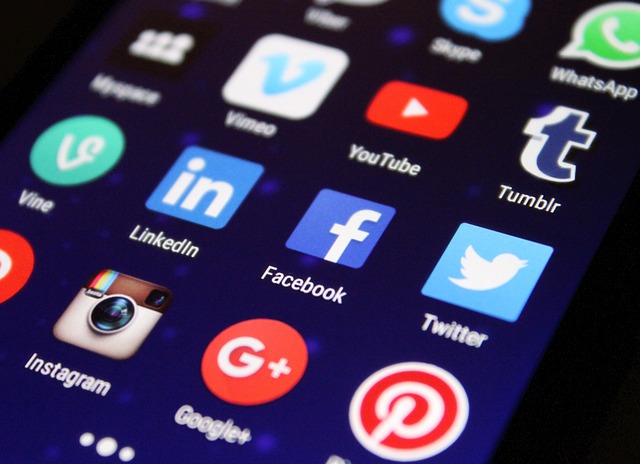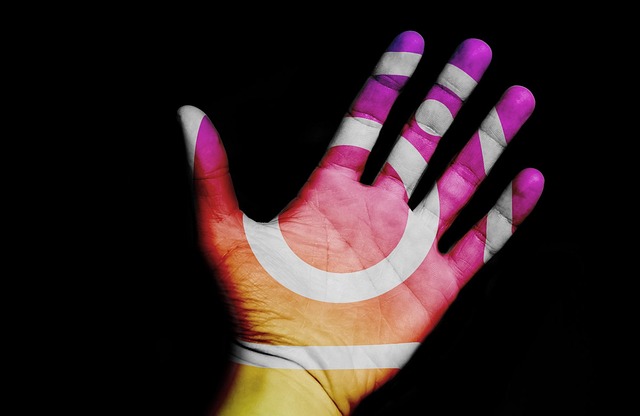In today’s digitally driven world, social media has become an integral part of our lives. However, as beneficial as it can be for connecting with others and sharing experiences, it can also lead to an overwhelming sense of social media addiction. This challenge is not merely about excessive scrolling; it reflects deeper issues related to our mental well-being and interpersonal relationships.
Social media addiction management is essential for anyone looking to regain control over their online habits. It starts with understanding the impact of social media on our daily lives. Studies show that excessive use can lead to increased feelings of anxiety, loneliness, and even depression. While it can provide a platform for self-expression and creativity, it can just as easily become a source of comparison and dissatisfaction.
One of the most significant outcomes of social media addiction is the distortion of reality it creates. The curated feeds we see are often misleading, showcasing only the highlights of people’s lives. This can result in a false sense of inadequacy, pushing users to spend more time online as they try to measure up to unrealistic standards. Developing awareness of these impacts is the first step in managing social media addiction.
To navigate the delicate balance between enjoying social media and letting it consume us, consider implementing a few strategies. Begin by setting specific time limits for usage. Apps that track your screen time can be incredibly useful; they not only highlight usage patterns but also help identify triggers that lead to excessive scrolling.
Additionally, cultivate a practice of mindful consumption. Instead of mindlessly scrolling through feeds, be intentional about who you follow and the content you engage with. Opt for accounts that enrich your life, inspire you, or provide positive motivation. Curating your digital environment can significantly enhance your online experience and mitigate feelings of inadequacy.
Another potent tool in social media addiction management is reflecting on your emotions tied to online interactions. Take a moment to assess how certain posts or profiles make you feel. If scrolling through feeds leads to feelings of anxiety, it might be time to take a break or unfollow accounts that contribute to negative emotions. Creating distance from such triggers fosters a healthier mental space.
Lastly, prioritize offline connections and activities. Engaging in hobbies, spending quality time with loved ones, or simply enjoying a walk outdoors can significantly reduce the time spent on social media while enhancing your overall well-being. By making a conscious effort to unplug, you’ll discover the richness of real-life experiences that social media often overshadows.
In sum, managing social media addiction requires awareness, intention, and a willingness to step back. By recognizing the impact it has on both our mental health and daily lives, we can begin to shift the focus back to meaningful interactions, both online and offline.



